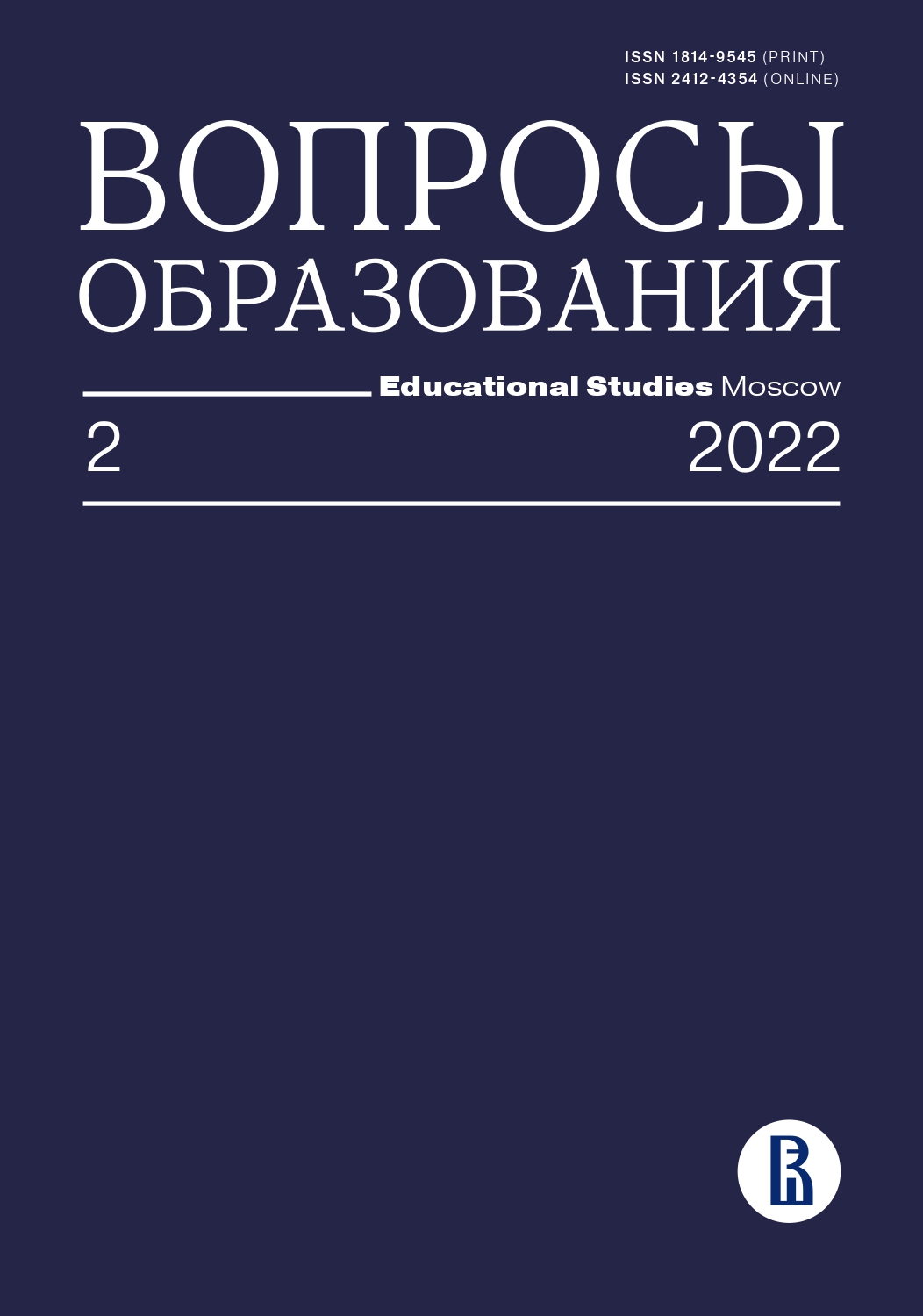Учитель в инклюзивном классе: взаимосвязь отношения к инклюзии с удовлетворенностью работой
Аннотация
Успех инклюзии как организации совместного с другими детьми обучения детей с особыми образовательными потребностями в решающей степени зависит от позиции педагога. С целью выявления факторов, определяющих установки учителей в отношении инклюзивного образования проведено исследование удовлетворенности учителей работой и ее взаимосвязи с отношением к инклюзии.
Эмпирические данные получены в результате опроса на основании авторского опросника 119 учителей одной из школ Тюмени. При помощи факторного анализа выявлены три фактора отношения педагогов к инклюзивному образованию: учителя видят в инклюзии прежде всего педагогический ресурс (24,8% суммарной дисперсии), проблемы (23,8%) или риски (14,1%). С помощью кластерного анализа получены однородные группы педагогов: «романтики», «реалисты» и «критики» инклюзии.
В составе концепта удовлетворенности работой выделены четыре фактора: безопасность и защищенность, организация рабочего процесса, удовлетворенность вознаграждением, вовлеченность в работу. Самые низкие оценки от респондентов получены по фактору безопасности и защищенности в работе. Кластерный анализ позволил разделить опрошенных педагогов на три группы: удовлетворенные работой, удовлетворенные вознаграждением за работу, не удовлетворенные работой. Учителя, не удовлетворенные работой, подвержены наибольшему риску неуспеха в организации инклюзивного обучения: они склонны воспринимать инклюзию преимущественно как источник проблем и барьеров.
Выявлены прямые статистически значимые взаимосвязи оценки педагогами инклюзии как педагогического ресурса с их удовлетворенностью работой: наиболее сильная связь прослеживается с индикатором «удовлетворенность организацией рабочего процесса».








